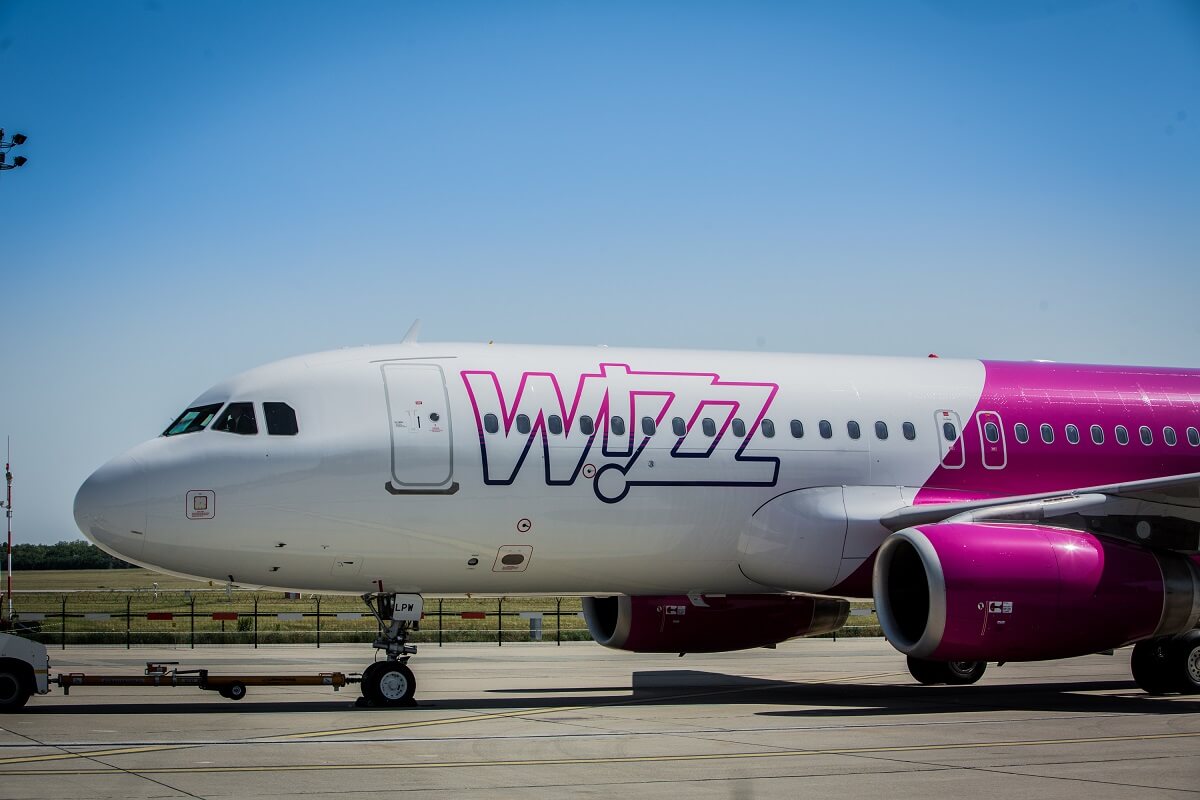Wizz Air's net profit for the first half of the fiscal year 2025 dropped 21% to €315.2 million, when compared to the same period last year. The drop comes as GTF engine-related aircraft groundings have persisted throughout the period.
As of September 30, 2024, it had 41 aircraft on ground (AOG), down from 46 at the end of June. Average groundings over the next 18 months are set to be around 40-45 aircraft versus the previous estimate of 50. It said it has received compensation from Pratt & Whitney for the first half of the fiscal year and the airline is currently negotiating a new compensation scheme with the engine OEM.
“In the second half, GTF issues will continue to inflate costs which will be counterbalanced by action taken on improving fuel and operational efficiency, and optimizing the network mix," said Wizz Air CEO Jozsef Varadi. "As at the end of October, all one-off wet leases have been terminated and a new compensation scheme is being negotiated with Pratt & Whitney, providing stability for the rest of the financial year.”
The company's revenue was flat at €3.1bn. Unit revenue was up 1.4% from last year to €4.98 cents. Total cost per available seat kilometre (CASK) was up 9.4% to €4.15 cents, and CASK excluding fuel was up 15.4% to €3.00 cents.
“Our ancillary revenue streams, including priority boardings bags and subscription product offering continue to make an important contribution to overall revenues,” said Varadi. He added that its ‘all you can fly’ annual membership scheme had sold out within two days of it launching.
The company's EBITDA decreased 5.9% to €326 million and its EBITDA margin down 1.9 percentage point to 26.9%. This reflected inefficiencies related to the AOG from GTF engine inspections, as well as the cost of its eight wet leased aircraft during the summer peak period, which was not fully offset by the Pratt & Whitney compensation. The wet leases were terminated as of October 31, 2024. It also dry leased three A320ceo aircraft during the period and took delivery of 15 new A321neo aircraft, ending the period with 224 aircraft.
The company noted too that its operating profits were impacted by lower sale-and-leaseback income and an increase in depreciation & amortization, which was up 34.2% to €477 million.
The company's capacity was slightly flat, at a negative 0.9%, and its load factor was down 20 basis points to 92.4%. Total cash as of the end of the period was €1.9bn while net debt was €4.8bn.
Varadi said forward bookings have shown “no softening of demand” and expects “positive momentum” in the second half despite continuing geopolitical issues in the Middle East.
“As we look ahead, we now have better visibility to manage the GTF issues to their expected conclusion in F27 and our timetable of deliveries from Airbus means we will gradually return to growth from next year,” continued Varadi. “During this period our focus is on cost, and we have renewed our commitment to ultra-low cost principles.”
For the full fiscal year, it expects capacity to be up 1% and load factor to be at 92%. RASK is expected to be up mid-single digits, while CASK excluding fuel is set to be up mid-teens. CASK with fuel is expected to be down 3-5%. Net income for the fiscal year is guided the range of around €350-450 million.

